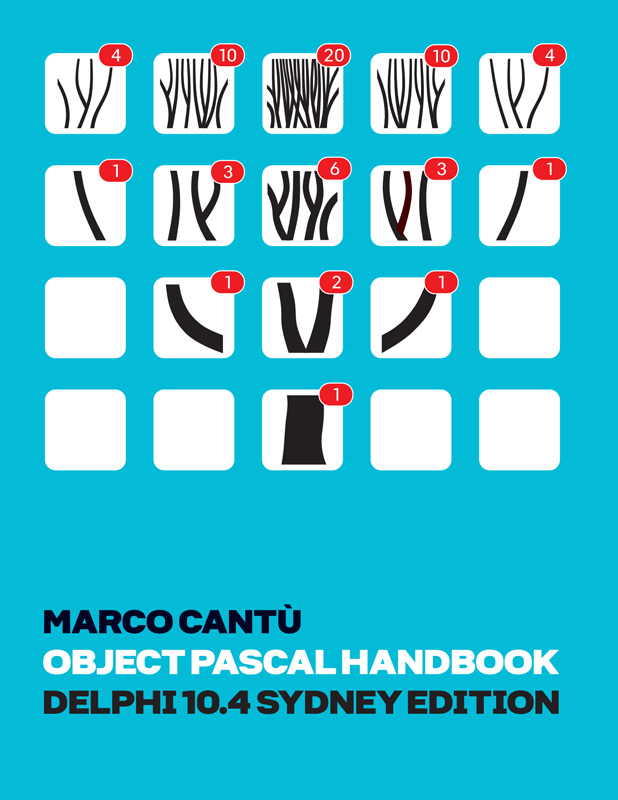
An overview of the various web development technologies available to Delphi developers.
Frameworks covered:
- Server-Focused
- DataSnap TCP/IP, HTTP, HTTPS, REST
- Mars-Curiosity Lightweight with cross-platform sync/async client library and MARSCmd utility to bootstrap new projects
- MVC Framework Supports BootStrap and includes HTML templates, with a book coming soon
- RAD Server Turnkey user management & API analytics
- Synopse mORMot Robust library (even features beyond web frameworks)
- WebBroker The core of many solutions. Produce Web pages, REST, or just about anything else
- Full-Stack
- AtoZed IntraWeb Very robust and mature with active development
- Ethea’s Kitto2 Purely data driven with Ext JS client
- FMSoft uniGUI Ext JS client library designer with included OEM license
- Client-Focused
- Elevate Web Builder DataSet management makes it easy to expose data. Also supports server modules built with Delphi.
- Sencha Ext JS Very robust and a lot of books and training
- Smart Mobile Studio Full designer also with Node.js targeting
- TMS WEB Core Supports use of FNC cross-platform controls
- Others
- RollApp virtualization
Reduce development time and get to market faster with RAD Studio, Delphi, or C++Builder.
Design. Code. Compile. Deploy.
Start Free Trial Upgrade Today
Free Delphi Community Edition Free C++Builder Community Edition
Design. Code. Compile. Deploy.
Start Free Trial Upgrade Today
Free Delphi Community Edition Free C++Builder Community Edition




